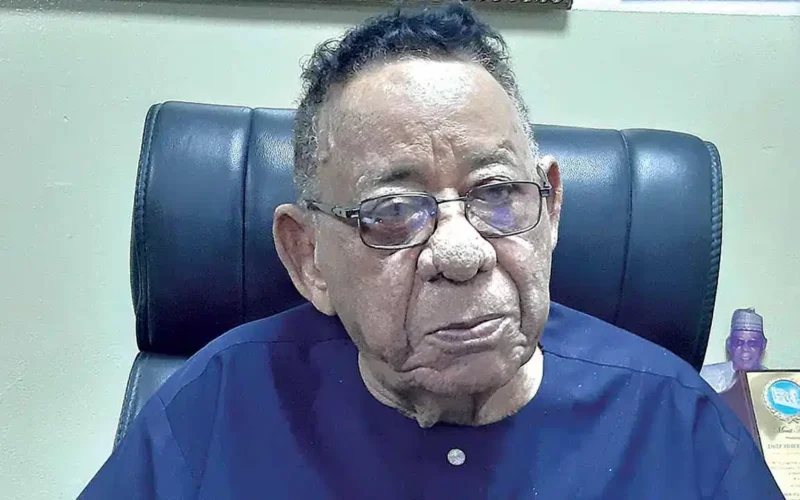Elder statesman and legal expert, Clarke, has defended President Bola Tinubu’s appointment of Justice Olukayode Ariwoola Kekere-Ekun as acting Chief Justice of Nigeria (CJN), asserting that no constitutional provisions have been violated in the process.
In an interview with Arise TV on Saturday, Clarke addressed the ongoing controversy regarding the swearing-in of Justice Kekere-Ekun. He emphasized that President Tinubu, as per constitutional mandates, has the authority to appoint a new CJN, and this action does not contravene any legal norms.
Clarke praised Kekere-Ekun’s distinguished career, noting her integrity and the anticipated reforms she will bring to the Supreme Court. He highlighted that in her extensive 50-year career in the judiciary, Kekere-Ekun has demonstrated unparalleled character and capability.
Responding to concerns about whether Kekere-Ekun should have waited for Senate confirmation before being sworn in, Clarke stated, “What you are suggesting now is that people are questioning whether she should have been asked to wait until the Supreme Court confirmed before taking the oath of office. Even without such confirmation, she would still act as the most senior judge on the bench. These issues are largely semantic.”
Clarke reiterated that the President has the constitutional authority to appoint the CJN, and the Senate’s role is limited to confirming or rejecting the appointment. He pointed out that the Constitution does not specify a time frame for the Senate to confirm the President’s appointment. Therefore, any delay in confirmation does not affect the legality of the appointment.
“There is no impediment from any constitutional provisions that says a CJN cannot be sworn in by the President,” Clarke explained. “The President is the appointing authority under the Constitution. The Senate’s role is merely to confirm or reject the appointment, and even if they reject it, the process can be revisited. Hence, I do not see any fundamental infringement of the Constitution.”
He concluded that the delay in Senate confirmation, if any, does not impact the legality of the President’s appointment, as the core issue lies in the confirmation process rather than the appointment itself. Clarke’s remarks aim to dispel concerns and affirm the legitimacy of President Tinubu’s actions regarding the appointment of the acting CJN.








